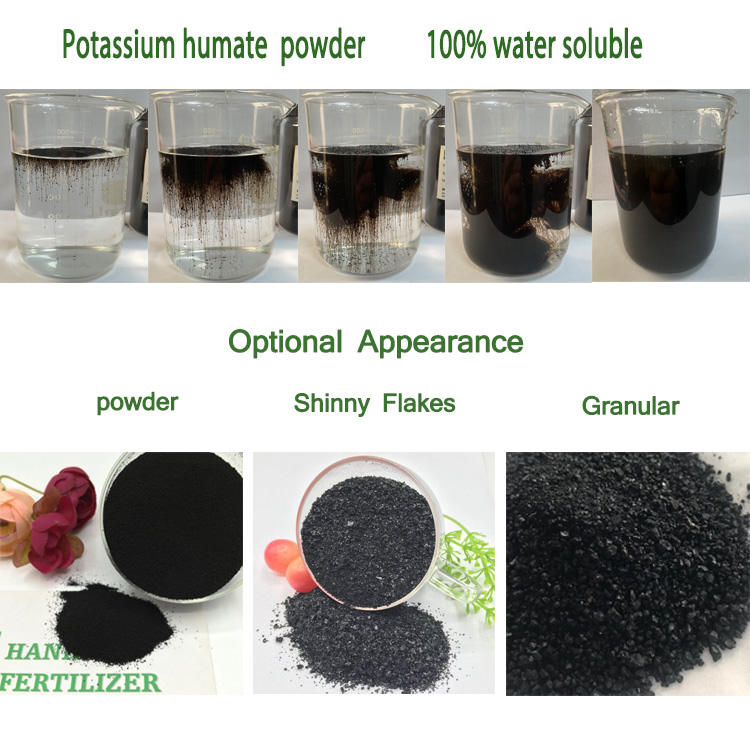
نوفمبر . 15, 2024 08:40 Back to list
monopotassium phosphate
Monopotassium Phosphate An Essential Ingredient in Agriculture and Beyond
Monopotassium phosphate (MKP), a compound with the chemical formula KH2PO4, is a highly soluble salt that has garnered significant attention across various sectors, particularly agriculture and food production. As a vital source of potassium and phosphorus, MKP serves multiple functions that enhance plant growth and improve soil health. This article delves into the properties, uses, and benefits of monopotassium phosphate, highlighting its crucial role in modern agriculture and other industries.
Chemical Properties and Composition
Monopotassium phosphate is composed of potassium (K), hydrogen (H), phosphorus (P), and oxygen (O). It exhibits the chemical classification of a potassium phosphate and has a white crystalline appearance. One of its most distinctive features is its high solubility in water, which makes it an excellent choice for foliar feeding and fertigation processes. With a pH value around neutral when dissolved, MKP can be used without causing significant changes in soil acidity, making it ideal for a wide variety of plants and soil types.
Agricultural Applications
In agriculture, MKP is primarily recognized as a source of vital nutrients. Phosphorus plays a critical role in energy transfer within plants, notably in the process of photosynthesis, while potassium is essential for various physiological processes, including water regulation, nutrient transfer, and enzyme activation. The combination of these two elements in a single compound supports healthy plant growth, enhances flowering, and promotes fruit and seed development.
Farmers incorporate MKP into their fertilization programs to boost crop yields, especially during key growth stages. For instance, the application of MKP prior to planting can facilitate root development, allowing plants to establish themselves quickly and effectively. Additionally, during the flowering phase, the phosphorus content can help increase flower initiation and improve pollination, leading to a more abundant harvest.
Moreover, MKP is often used in hydroponic systems where nutrient management is crucial. The high solubility and purity of MKP make it an ideal choice for nutrient solutions, allowing for precise control over the nutrient levels provided to plants. This is particularly important in controlled environments, where optimization of growth conditions can lead to significant improvements in productivity.
monopotassium phosphate

Benefits Beyond Agriculture
While its primary applications lie in agriculture, monopotassium phosphate has several other benefits that extend beyond the farm. In the food industry, MKP is utilized as a food additive, acting as a potassium and phosphorus source for food products. Its use can enhance flavor and texture, as well as improve the nutritional profile of various foods.
Furthermore, MKP is employed in the manufacturing of fertilizers, particularly in the production of specialty fertilizers that cater to specific soil and crop needs. The compound is also found in various industrial applications, including the production of ceramics and glass, due to its ability to act as a fluxing agent.
Environmental Considerations
As with any agricultural input, the use of monopotassium phosphate requires careful management to mitigate potential environmental impacts. Over-fertilization can lead to nutrient runoff, which may cause eutrophication in water bodies. Therefore, it is essential to follow recommended application rates and timing to ensure that nutrients are utilized effectively by crops and do not negatively impact surrounding ecosystems.
Additionally, the use of MKP in organic farming practices is becoming increasingly common, as it meets the certification standards for organic fertilizers in many regions. This is contributing to a more sustainable agricultural model that prioritizes environmental health alongside productivity.
Conclusion
In summary, monopotassium phosphate is an invaluable ingredient in agriculture, contributing to enhanced plant growth, improved crop yields, and sustainable farming practices. Its versatility extends to various industries, reinforcing its significance beyond the agricultural sector. As the global demand for food continues to rise, understanding and utilizing compounds like MKP will be crucial in meeting these challenges sustainably and efficiently. Continued research and development will further unveil the potential applications of MKP, ensuring it remains a vital component in our quest for agricultural advancement.
-
10 10 10 Fertilizer Organic—Balanced NPK for All Plants
NewsJul.30,2025
-
Premium 10 10 10 Fertilizer Organic for Balanced Plant Growth
NewsJul.29,2025
-
Premium 10 10 10 Fertilizer Organic for Balanced Plant Growth
NewsJul.29,2025
-
Premium 10 10 10 Fertilizer Organic for Balanced Plant Growth
NewsJul.29,2025
-
50 Pound Bags of 13-13-13 Fertilizer for All Plants – Bulk & Organic Options
NewsJul.28,2025
-
High-Efficiency 15-30-15 Granular Fertilizer for Healthy Crops
NewsJul.28,2025
